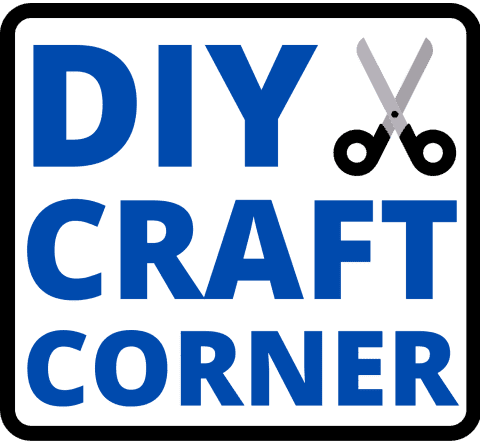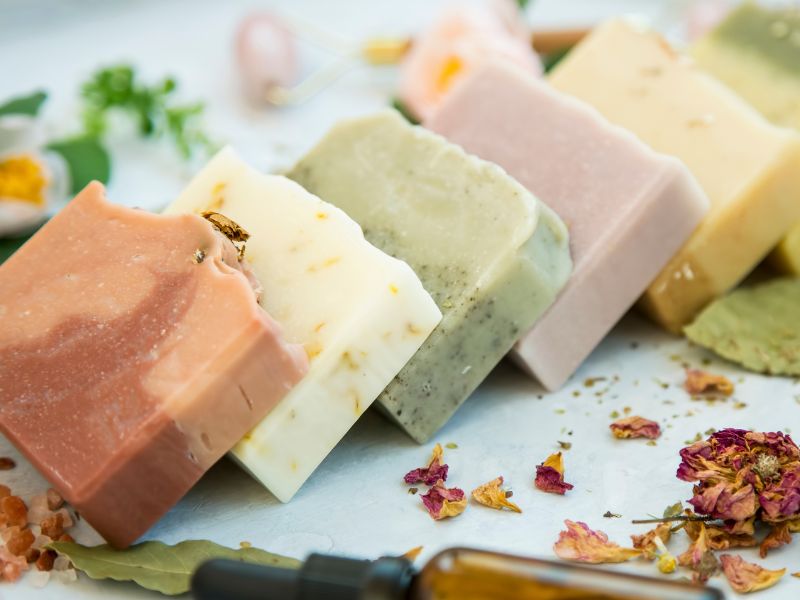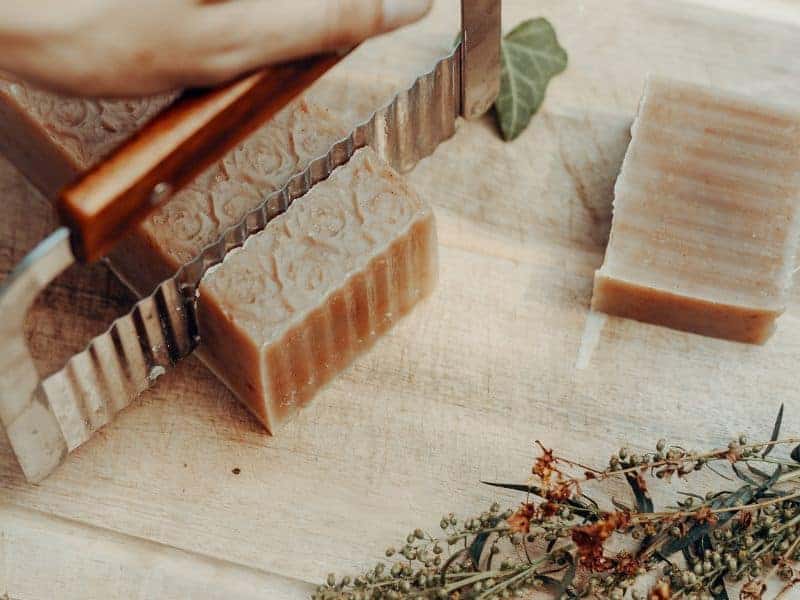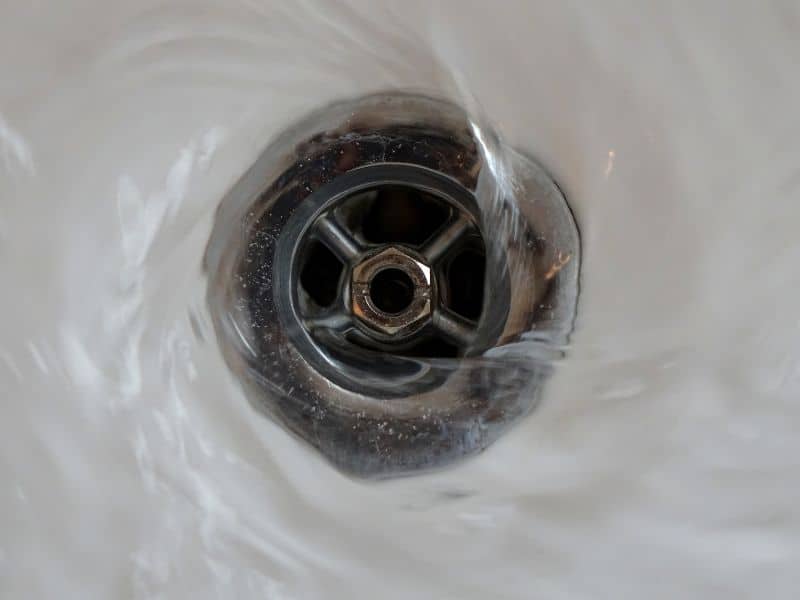Melt and pour soap is a great way to get started selling soaps. This type of soap making requires minimal supplies and gives you beautiful results for the limited time it takes. With just a few simple ingredients you can create unique bars of handmade soap that anyone would love. The question is, can you sell melt and pour soap?
You can sell melt and pour soap. It’s easy to use, customizable, and comes in a variety of colors and scents. With melt and pour soap, you can create unique, handmade soap bars that are perfect for selling, gift-giving, or personal use.
The great thing about this type of soap is that it only requires melt and pour the soap base, mix in your desired ingredients, and pour into a mold. It is the fastest way to create all-natural handcrafted soap that anyone would love. Let’s look at some of the specifics.
Strategies for Selling Melt and Pour Soap
Selling melt and pour soap can be a profitable business venture. However, with so many options available in the market, it can be challenging to stand out from the competition. Here are four strategies you can use to successfully sell melt and pour soap.
Focusing on unique designs and creative packaging
One of the best ways to differentiate your melt and pour soap from others is to create unique designs and packaging. Consider incorporating eye-catching colors, patterns, and shapes that will grab the attention of customers. You can also use creative packaging like customized soap boxes, ribbons, and other decorations to make your product more appealing.
Emphasizing natural and organic ingredients in the soap base and additives
Today’s consumers are increasingly concerned about the ingredients they put on their skin. Therefore, highlighting natural and organic ingredients in your melt and pour soap can help your product stand out. You can use natural additives like essential oils, botanicals, and clays to create a more luxurious product that customers will love.
Offering customization options for customers to create their own unique soap
Customization is a great way to increase customer engagement and loyalty. You can offer a variety of customization options like fragrances, colors, and shapes for customers to choose from. You can also offer a soap making class or workshop where customers can learn to make their own soap.
Providing clear and informative labeling and marketing materials
Clear and informative labeling is crucial to help customers understand what they are buying. Your product label should include a list of ingredients, instructions for use, and any precautions. You can also include marketing materials like brochures, flyers, and social media posts that showcase the unique features of your melt and pour soap.
Pricing and Profitability of Selling Melt and Pour Soap
Selling handmade melt and pour soap can be a great way to turn a hobby into a business. However, to be successful, it’s important to consider various factors, such as pricing and profitability, as well as legal requirements.
Compare the Cost of Materials
When it comes to pricing and profitability, it’s essential to compare the cost of materials and time to the selling price and profit margin. While melt and pour soap is relatively inexpensive to make, it’s important to factor in the cost of essential oils, fragrance oils, molds, and other additives.
Once you have a good idea of the cost of materials, you’ll need to determine a competitive price point for your product. Research what other sellers are charging for similar products, and consider your target audience and their willingness to pay. It’s also important to factor in additional expenses, such as packaging and marketing.
Find a Competitive Price Point
While it’s tempting to price your soap low to attract customers, it’s important to remember that you need to make a profit to sustain your business. Consider the amount of time it takes you to make each bar of soap, and factor in an hourly rate for your labor. Don’t forget to also factor in any overhead costs, such as rent, utilities, and equipment.
Legal Considerations for Selling Melt and Pour Soap
If you’re considering selling melt and pour soap, it’s important to understand the legal requirements for labeling and packaging, as well as complying with health and safety regulations and obtaining liability insurance.
Labeling and Packaging Requirements
According to the Fair Packaging and Labeling Act, your melt and pour soap must be labeled as follows.
- Statement of identity
- Name and Location of the Manufacturer
- Net weight of the product.
It’s important to note that soap cannot have any claims other than being soap. If you add ingredients such as detergents or claim that your soap has moisturizing properties, it may be considered a cosmetic by the FDA, which would have extra labeling requirements.
Compliance with Health and Safety Regulations
When it comes to manufacturing soap, you’ll need to comply with health and safety regulations to ensure that your product is safe for consumers. This includes ensuring that your workspace is clean and sanitary, using appropriate equipment, and properly storing and handling your ingredients.
Additionally, the FDA requires that all soap products be composed mainly of the “alkali salts of fatty acids,” which is the result of combining fats or oils with an alkali such as lye. If you’re using mass-produced melt and pour soap bases, it’s important to ensure that the base meets these requirements.
Liability Insurance
It’s important to obtain liability insurance to protect yourself and your business from potential legal issues. Liability insurance can help cover costs associated with lawsuits, property damage, and other liability claims that may arise from the production or sale of your soap.
Pros and Cons of Selling Melt and Pour Soap
While there are many benefits to selling melt and pour soap, there are also some drawbacks to consider. Let’s take a look at some of the pros and cons of selling melt and pour soap.
Pros of Selling Melt and Pour Soap
Ease of use and convenience for customers
Melt and pour soap is incredibly easy to use, which makes it a popular choice for customers who want a hassle-free soap option. Customers simply need to wet the soap and use it like any other bar soap.
Customization options for scent, color, and design
One of the biggest advantages of selling melt and pour soap is the ability to customize the soap to meet the unique preferences of customers. Soap makers can add colorants, fragrances, and other additives to create a wide range of soap options.
Quick production time and affordability for sellers
Since melt and pour soap bases are pre-made, the soap making process is much quicker than other soap making methods. This means that sellers can create a large quantity of soap in a short amount of time, which translates to a more profitable business. Melt and pour soap bases are also affordable, which makes it a great option for small business owners.
No need for lye or special equipment, making it accessible for beginners
One of the biggest advantages of melt and pour soap is the fact that it does not require lye or any special equipment. This makes it a great option for beginners who are just starting their soap making journey.
Cons of Selling Melt and Pour Soap
Perception of lower quality
Some customers perceive melt and pour soap as being lower quality than cold process or handmade soap. While this may not be true in all cases, it’s important for sellers to be aware of this perception and work to counteract it through branding and marketing efforts.
Limited options for ingredients and formulation
Melt and pour soap bases come pre-made, which means that sellers have limited options when it comes to ingredients and formulation. This can be a disadvantage for sellers who want complete control over the soap making process.
Lack of control over quality and consistency
Since melt and pour soap bases are pre-made, sellers have little control over the quality and consistency of the soap base. This can be frustrating for sellers who want to create a unique product with a consistent quality.
Frequently Asked Questions
People who are interested in using high-quality, and natural soaps may be interested in buying melt and pour soap.
Some common ingredients used in melt and pour soap include shea butter, coconut oil, essential oils, natural colorants like turmeric and beetroot powder, and exfoliants like poppy seeds and coffee grounds.
Melt and pour soap is typically sold in pre-cut blocks or bars, or in larger slabs that can be cut into smaller pieces. It may be packaged in plastic wrap or in boxes with labels that list the ingredients and any important information about the soap.
Melt and pour soap is used in the same way as regular soap. It can be used to wash hands, body, and face, and can be customized with different colors and fragrances to suit individual preferences.
Yes, many sellers of melt and pour soap offer custom orders, allowing buyers to choose the ingredients, colors, and fragrances for their soap. Some sellers may also offer custom packaging or labeling options.
Yes, it is possible to make money selling melt and pour soap, either as a small business or as an individual seller on platforms like Etsy or Amazon Handmade.
Conclusion
In conclusion, melt and pour soap is a great option for sellers of all levels. It is quick and affordable, does not require any special equipment or lye, and can be customized with different ingredients and fragrances.
However, it is important for sellers to be aware of the perception of lower quality that some customers may have as well as the limited options for ingredients and formulation.
The key is to use quality fragrances, designs, and packaging that can help you stand out. Don’t be afraid to ask what you are worth when trying to sell your handmade crafts.






